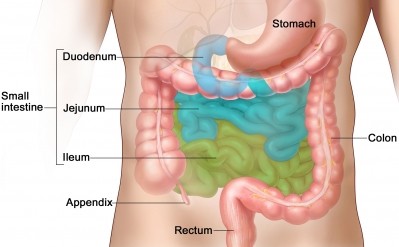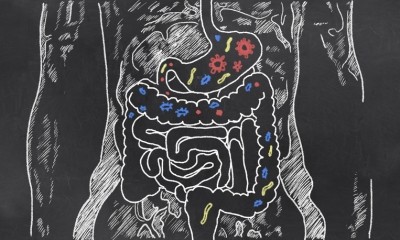SCIENCE SHORT
Gut bacteria may work with body clock to control weight gain: Study

An interaction between gut bacteria and the circadian clock in the gut lining was shown to control how much fat was absorbed and stored by mice, found researchers from University of Texas Southwestern, Dallas.
The microbiota was shown to regulate body composition via a transcription protein called nuclear factor interleukin-3 (NFIL3). The amount of NFIL3 present in the gut lining varies over the 24-hour day/night cycle and appears to control the fat absorption, transport and storage mechanism.
"These findings indicate a mechanism by which the intestinal microbiota regulate body composition and establish the circadian transcription factor NFIL3 as the essential molecular link among the microbiota, the circadian clock and host metabolism," commented lead researcher professor Lora Hooper.
Consistent with previous study findings, the scientists also found that ‘germ-free’ mice (those lacking a microbiome) that produced less NFIL3, remained lean when exposed to a high-fat diet.
"Mice that lack a microbiome fare much better on a high-fat, Western-style diet than bacteria-bearing mice," Hooper added.
The study findings may provide an explanation of why shift workers and frequent long-haul travellers are more susceptible to certain metabolic diseases.
"Our work provides a deeper understanding of how the gut microbiota interacts with the circadian clock, and how this interaction impacts metabolism," explained Hooper. "It could also help to explain why people who work the night shift or travel abroad frequently - which disrupts their circadian clocks - have higher rates of metabolic diseases such as obesity, diabetes and cardiovascular disease."
Source: Science
Vol. 357, Issue 6354, pp. 912-916 DOI: 10.1126/science.aan0677
“The intestinal microbiota regulates body composition through NFIL 3 and the circadian clock”
Authors: Yuhao Wang, Lora V.Hooper et al















